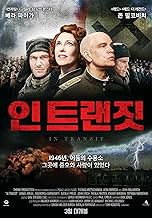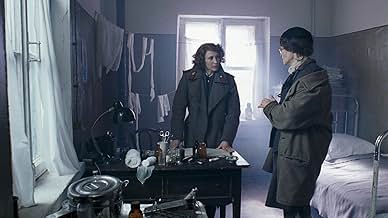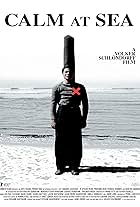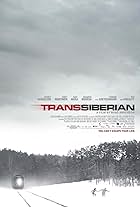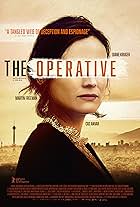IN TRANZIT is one of those forgotten films the viewer wants to love: an all but unknown bit of history based on a true story that offers a different insight into the universal damage inflicted upon all peoples by WW II. The problem with this production is the embarrassingly weak script by Natalia Portonova and Simon van der Borgh, the unfocused direction by Tom Roberts and the bumpy editing by Paul Carlin. Beautifully photographed by Sergei Astakhov in a manner that emphasizes the brutality of Russian winters, setting a perfect matrix for the drama, this film had potential, but even the isolated acting contributions of a few seasoned actors cannot hide the weak script and the annoying pacing.
1946 and a Russian Women's prisoner of war camp lays unused until it is determined by one evil Russian officer Pavlov (John Malkovich) that it will become a camp for German prisoners of war to ferret out occult members of the Nazi SS group that inflicted such agony on the Russians. The camp is run by a group of angry Russian women soldiers and one Russian physician Natalia (Vera Farmiga) who together with Citizen Zina (Natalie Press) represent the humanistic side of the suffering Russian victims of the German brutality. And so it is German men, including the handsome Max (Thomas Kretschmann) who shares a mutual attraction with Natalia and the enigmatic Klaus (Daniel Brühl) among others, versus the Russian women: role reversal and gender dominance changes create the drama. One key mute figure is Andrei (the brilliant Russian actor Yevgeni Mironov), the psychologically damaged husband of Natalia, who in many ways represents the tragedy of the entire WW II on mankind. How these two groups of people interact and survive the conditions imposed on them forms the story.
Though Farmiga and Kretschmann, Press and Mironov overcome the awkward script in an attempt to suffuse this film with palpable tragedy, the result is a bumpy ride through the obvious pitfalls of amateur film-making. It could have been an important film, but is remains a minor though interesting insight as to the extended effects of war on people's psyches. Grady Harp


